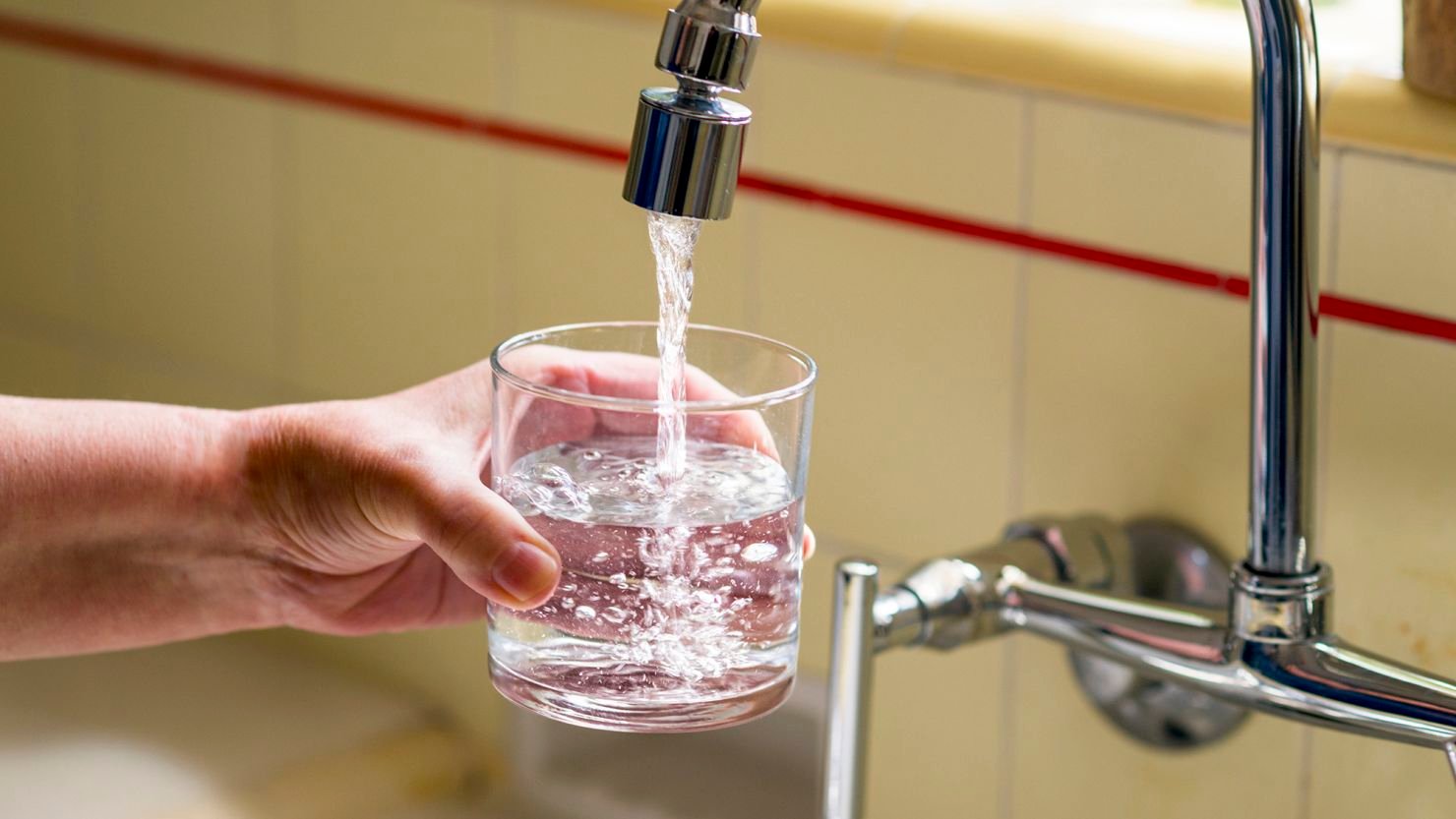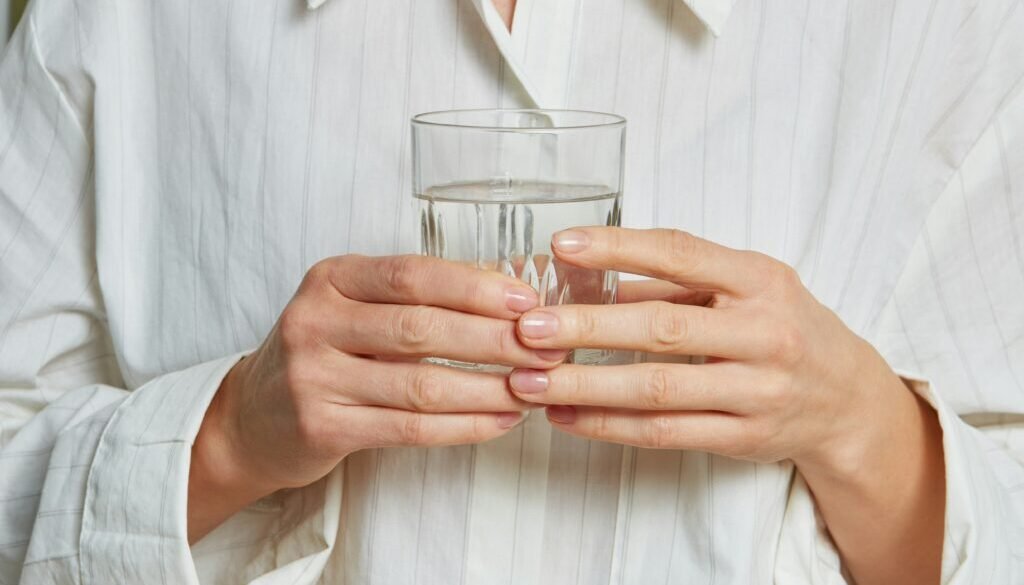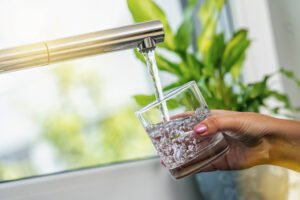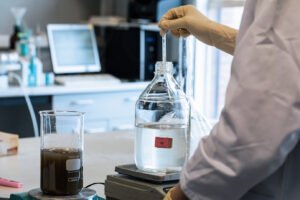Medications in Drinking Water: What You Need to Know
The presence of medications in drinking water has become an increasing concern in recent years. Traces of pharmaceuticals, including antibiotics, hormones, and painkillers, have been detected in water supplies, raising questions about their impact on health and the environment. Understanding this issue and taking proactive steps like water testing can ensure your water is safe for consumption.
Why Are Medications Found in Drinking Water?
Medications enter the water supply through various means, including:
- Improper disposal of unused or expired medicines.
- Human and animal waste containing trace amounts of pharmaceuticals.
- Agricultural runoff containing veterinary drugs and antibiotics.
These contaminants often bypass traditional water treatment methods, making them a potential hazard in tap water and well water alike.
Health Risks of Medications in Drinking Water
Though the concentrations of medications in drinking water are usually low, long-term exposure may pose risks, such as:
- Hormonal Disruption: Synthetic hormones from medications may interfere with the body’s natural hormonal balance.
- Antibiotic Resistance: Prolonged exposure to antibiotics in water can contribute to the rise of antibiotic-resistant bacteria.
- Impact on Vulnerable Groups: Pregnant women, children, and individuals with compromised immune systems may be at greater risk.

How to Address Medications in Drinking Water
- Tap Water Testing: Start by performing a tap water test to identify any pharmaceutical contaminants.
- Home Water Testing Kits: Affordable and effective home water testing kits are available for initial screening.
- Water Analysis Test: For a detailed report, contact a water testing lab near you for a professional water quality analysis.
- Whole Home Filtration Systems: Install filtration systems that specifically target pharmaceutical residues.
- Safe Disposal Practices: Dispose of medications properly to reduce contamination. Many local authorities and pharmacies offer drug take-back programs.
Why Choose Professional Water Testing?
For peace of mind, professional water testing is essential. Whether you’re concerned about tap water, well water, or both, a comprehensive water analysis test will identify contaminants and ensure your water meets safety standards. If you’re searching for a reliable “water testing lab near me,” Ohio Water Testing can help.
Protect Your Water Quality
Safe drinking water is essential for health and well-being. Take proactive steps today to safeguard your family by testing for water contaminants, including medications.
Contact Us: Contact Ohio Water Testing
External Link: EPA’s Safe Drinking Water Page





